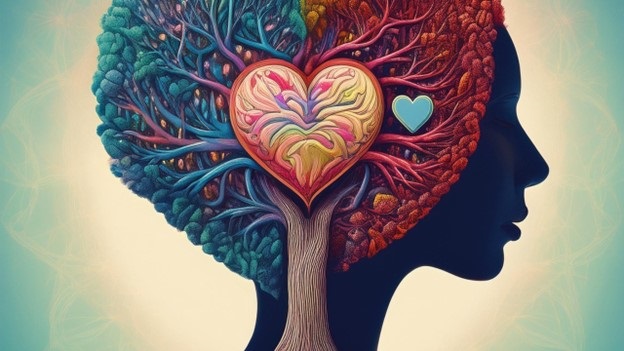We pull down barns and build bigger ones when we walk away from Church community and forget our neighbour’s needs
I was happy to hear one of our older Nairobi youth members talk to our youth gathering about communication skills. He talked about the way the youth introduce topics, asking questions and responding to other people’s contributions. The way we use words, makes an immediate impression for better or worse: will encourage a relationship or destroy it.
Forgive me if I sound like a boring old man but, in the last 30 years or so, there has been a small but significant change in the way people speak: the majority of youth and middle-aged people use the expression “me and my friend”. When I was young, if we did not say “my friend and I”, our parents and teachers would correct us (and sometimes punish us).
You might ask, what does it matter? It actually matters a lot, because it immediately makes ‘myself’ the more important element in the conversation. It is a subtle re-programming of our unconscious mind that is not helpful in building a network of friends and neighbours.
The young man Jesus spoke about never saw beyond himself, evidenced by the use of the words ‘I, me, my and mine.’ William Barclay shared how a schoolboy was asked what parts of speech ‘my’ and ‘mine’ are? He replied, “aggressive pronouns.” Are you aggressive?
The culture in so called developed nations has changed a lot in the previous 50 years. Although there are many times when a community pulls together in a disaster, in our ordinary day to day lives there is generally less interest in sharing with our neighbours.
Our Church communities are often a shining light in our society, but they are growing smaller and smaller as people give up on regular religious practice. The general response, in wealthy countries, is to blame the Government when people are suffering. To some extent this is true; however, the Government works for us: and we always try to reduce our taxes!
Sadly, youth suicide and mental depression have increased hugely in the past 25 years as we live in smaller and smaller groups, rather than the regular Church communities we used to support. Is there a link? In the USA, Mental Health Clinics increased from 310 to 1370 between 2000 and 2025. www.ruralhealthresearch.org/alerts/480
“In the UK, mental health cases increased 1,500% between 2005 and 2015.”
www.search.org/mental-health-records-in-nics-increase-1491-over-the-past-decade/
“While weekly attendance of religious services is associated with numerous benefits for individual, familial, and societal well-being…” “The decline in religiosity over the past 15 years [1999-2014] is twice as great as the decline in the 1960s and 1970s.” https://religionnews.com/2014/01/27/great-decline-religion-united-states-one-graph/
www.heritage.org/conservatism/report/the-great-falling-away-the-decline-religious-services-attendance-the-united
Of course, nothing is simple: social media, drugs, higher divorce rates, etc. are also to blame. However, Church community was one place where young people could overcome the negatives of a particular family situation: a bit like the village mentality in Africa.
The rich man’s attitude was the very reverse of Christianity, and says loudly that he is looking after his own security for the future. This is echoed in the First Reading “vanity of vanities”.
There is, of course, a great need for us to work hard to support ourselves and our families, and have something “for tomorrow.” Vanity of vanities refers to a person who thinks they can provide for their future without any dependence on others in our community.
As most of us do not consider ourselves rich, does this parable have anything to teach us? Have you pulled down any barns to rebuild bigger ones and fill them up? What if we consider our greatest wealth to be our freedom to come and go, freedom to choose what I want? In recent decades, each generation seems to have received more independence than the previous.
There is more and more support given out by Governments. Perhaps not so true in poorer countries but, even in poorer countries, many parents have been providing more and more resources to the recent generations. There is more education to think and decide by ourselves; and our sense of dependence on the older generations has reduced.
What does this mean? The temptation arises that we don’t need older people anymore. However, older generations provide mental security, support and validate our value. When we cut ourselves off, we create a kind of panic in our unconscious mind that immediately decides to ‘pull down our barns’ and build bigger ones: to make a secure future.
Disasters come, stock markets crash, serious accidents happen, etc. We need a strong, happy and peaceful community in the future to be certain of our good future. That strong, happy and peaceful community in the future depends on our investment to grow and water, today, the kind of community that we desire. What community are you investing in for your future?
By Gerard Conlan, OMI


